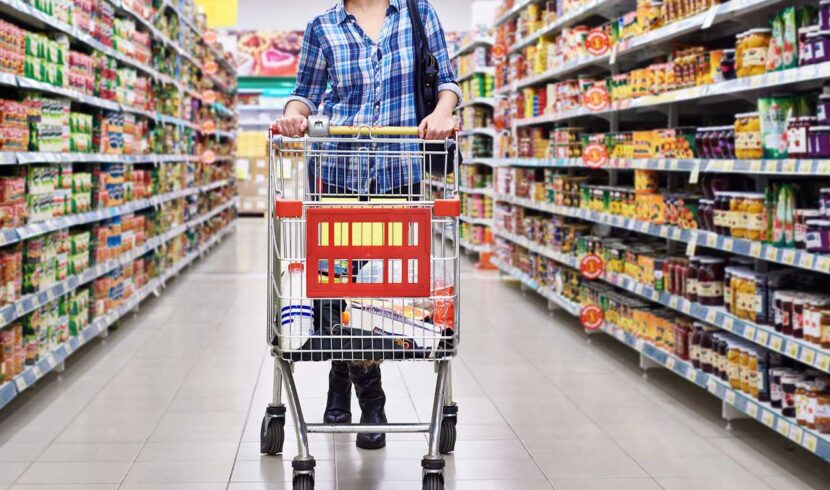The state’s sales tax on most grocery items drops from 4% to 3% on Friday.
The 1-cent cut will save Alabamians an estimated $152 million in the next year.
“I’m very pleased that working Alabamians will begin to see relief at grocery store checkouts around the state on Friday,” said Sen. Andrew Jones, R-Centre, one of the sponsors of the tax cut bill approved by lawmakers and Gov. Kay Ivey in the spring.
“A grocery tax cut has been talked about for decades, but the Alabama Legislature stepped up this year and made it happen through a bipartisan effort resulting in the largest tax cut in state history.”
The legislation allows for another 1 percentage point decrease in fall 2024 if revenue growth in the Education Trust Fund, to which sales tax money flows, is expected to be 3.5% or more in 2025. With two months left in fiscal 2023, revenues to the ETF are -.47% after a record 2022.
One lawmaker previously told ADN that 2024 decrease is “possible but perhaps not probable.” Heavily impacted by federal COVID-19 relief money, revenues into the ETF were a record $10.4 billion in the fiscal year 2022.
If the decrease doesn’t happen in 2024, it could in 2025 if revenues are up. When fully implemented, the impact of the tax cut is expected to be about $318 million per year. That’s savings for shoppers, but also revenue lost to state coffers.
Alabama was one of three states that taxed food at the same rate as other items for purchase. The 4-cent state sales tax on food cost a family of four about $600 a year, according to the advocacy group Alabama Arise.
Groups including Arise have pushed for the elimination of the tax on groceries for years. It was a dark horse issue early in the session, but took off with bi-partisan support as lawmakers contemplated how to spend post-COVID record state revenues and help Alabamians deal with rising food prices at the same time.
Lt. Gov. Will Ainsworth gave the movement a boost in late March, when he endorsed Jones’ bill and began helping gather co-sponsors. In the House, State Rep. Penny McClammy, D-Montgomery, championed grocery sales tax legislation in the same way that her father, the late Rep. Thad McClammy, and former State Rep. John Knight had 15 years ago.
The legislation does not apply to local sales taxes on food, which in some parts of the state is as high as 10%, but does prevent future local tax increases from applying to grocery items.
The tax cut law uses the federal Supplemental Nutrition Assistance Program’s list of applicable foods. That covers almost all foods sold in grocery stores, including produce, meats, dairy items, snacks and non-alcoholic beverages. Exempt items would include hot, ready to eat items. Alcohol, tobacco, pet food, hygiene items and household cleaners also remain at 4%.
“Reducing the grocery tax will make life better for every Alabamian,” Chris Sanders, Arise’s director of communications, said. “This change is especially meaningful for families who are struggling to make ends meet and working hard to keep food on the table. It is an important step to help reduce hunger and ease the strain on household budgets. And it is important progress toward a more just and equitable tax system for our state.”
The tax cut legislation also created a Joint Study Commission on Grocery Taxation to further study the possibility of untaxing grocery items completely and other food insecurity issues in the state.

